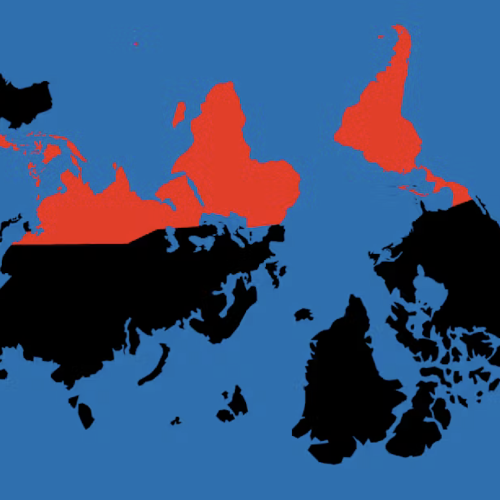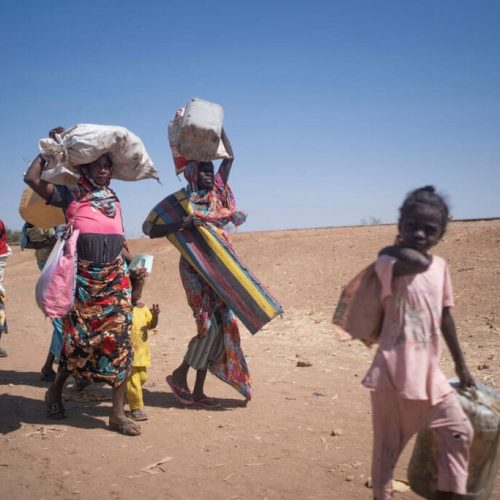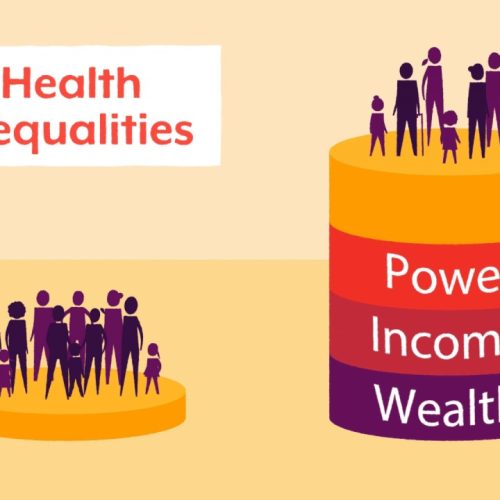May 15, 2024
Fair Taxation: Urgent Call for action in G20 and UN

Oxfam’s February 2024 analysis reveals a troubling trend: the wealthiest 1% in G20 countries are benefiting from significantly reduced tax rates, widening the gap between the rich and the rest. This alarming disparity, coupled with a decline in democracy, underscores the urgent need for policy reform.
As finance ministers convene in São Paulo, they must prioritize fair taxation policies that promote equality and support for all citizens. The proposal to implement a 5% wealth tax on multimillionaires and billionaires could generate substantial revenue to address pressing global challenges, from ending hunger to combating climate change.
It’s time for G20 nations to reclaim their commitment to democracy by taxing the super-rich and investing in essential public services. A fair tax system is not only a matter of economic justice but also a vital step towards building healthier, more inclusive societies for everyone.
Read the Report Press Release here and commentary commondreams.com here.
The UN is on the same page. The international landscape is dotted with over 560 agreements, yet one critical area remains inadequately addressed: taxation. While some recent agreements, such as the “Convention on the Contract for International Carriage of Goods by Rail,” signal progress, the realm of taxation remains a quagmire of global incoherence. Tax havens flourish, enabling the wealthiest to evade their fiscal responsibilities, while nations scramble to retain their affluent citizens through tax cuts and loopholes.
The consequences of this disparity are stark. While the world’s elite amass unprecedented wealth, average citizens face austerity measures and dwindling public services. However, a glimmer of hope emerges from recent UN initiatives. Last November, the General Assembly passed a groundbreaking resolution to establish a new international tax order, challenging the dominance of the OECD in global tax rules.
Advocates envision a transformative shift in tax governance, with the UN potentially assuming control over global tax regulations. This transition seeks to counteract the undue influence of tax havens and corporate interests, fostering a fairer and more transparent tax framework. The recent dialogue at the Ad Hoc Intergovernmental Committee reflects a growing momentum towards this vision, with stakeholders advocating for measures to combat tax abuse and promote equitable taxation.
Proposals for a robust international tax agenda abound, ranging from global asset registries to measures against harmful tax competition. As the UN committee nears its final deliberations, the urgency of reform is underscored by estimates of trillions in lost tax revenue due to corporate tax evasion. Calls for democratic decision-making processes resonate, highlighting the need to prioritize the interests of developing nations in global tax negotiations.
The upcoming UN General Assembly vote looms large, offering a pivotal opportunity to redefine taxation as a social superpower for equitable development. Through fair taxation, advocates argue, societies can address inequalities, regulate harmful practices, and ensure effective political representation for all. Despite decades of inertia, the recent strides towards global tax justice signal a newfound optimism for a fairer and more inclusive economic order.
Read more about this here.




